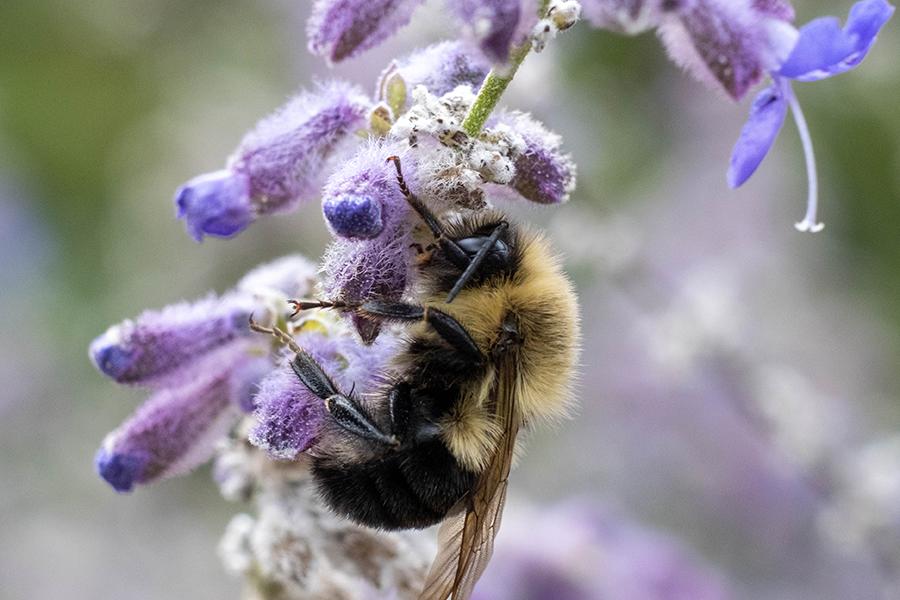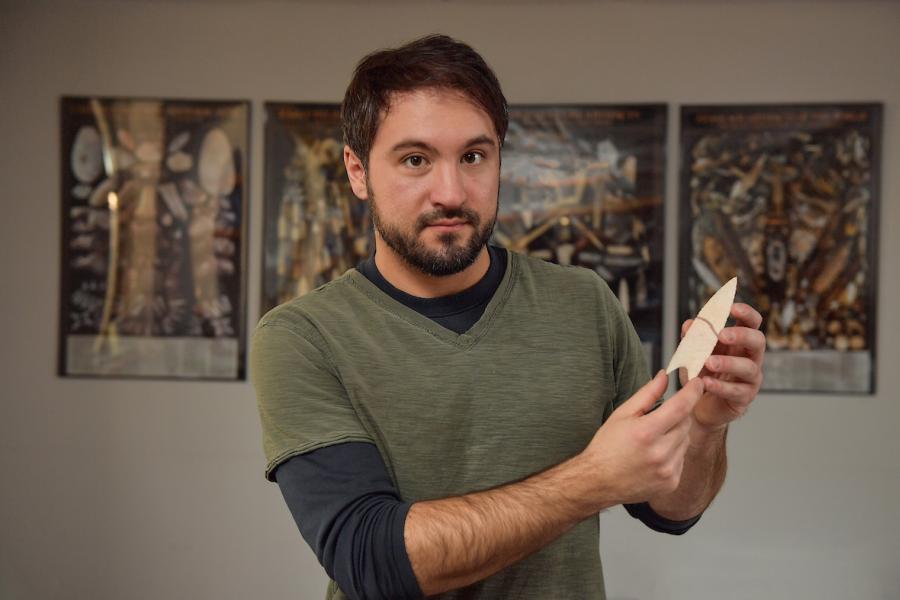The Environmental Science and Design Research Institute (ESDRI) is dedicated to research and investigations within natural, human, and built systems, as we develop innovative knowledge, products, and solutions to address local, regional, and global issues.
Students: The institute aims to build research skills in students, in order to cultivate well-rounded, critical thinking professionals. ESDRI recognizes the professional and personal importance of students having foundational research and creative skills and knowledge, which is facilitated through a variety of workshops, speakers, service projects, symposia, special events, Q&A sessions, laboratory tours, and more. The institute supports undergraduates – academically and financially – through its Fellowship Program, in hopes of mentoring a new generation of scholars.
Faculty: ESDRI provides many opportunities for faculty to advance their research and facilitates multidisciplinary collaborations, procuring intramural and extramural funding, and working with qualified student researchers. The institute engages a broad range of talented scientists, designers, and practitioners, spanning many academic disciplines, fields, and programs. The institute proudly hosts an annual symposium/forum, with an ever-evolving theme, which draws from KSU faculty, students, and many of our community partners.
Colleges represented within ESDRI include:
- Aeronautics and Engineering
- Applied and Technical Studies
- Architecture and Environmental Design
- The Arts
- Arts and Sciences
- Education, Health and Human Services
- Nursing
- Public Health
By empowering environmental research, the institute aims to foster change by drawing from robust, well-informed science and design or extrapolating on the research ourselves. ESDRI encourages students, faculty, and the greater community to understand and leverage the interacting geological, biological, human, economical, cultural, and social systems around us. These overlapping systems impact and regulate the availability of resources (e.g. pure water, clean air, and food), sustain diversity of life on Earth, promote well-being, and affect all of us in our daily life.
Environmental Science and Design Research Institute/We acknowledge that the lands of Kent State University were the previous homes of people who were removed from this area without their consent by the colonial practices of the United States government. Before removal, these groups created networks that extended from Wyoming to the Florida Coast and Appalachia and to the northern reaches of Lake Superior. These societies included people of the Shawnee, Seneca-Cayuga, Delaware, Wyandots, Ottawa and Miami. We honor their lives – past, present, and future – and strive to move beyond remembrance toward reflection and responsibility, through honest accounts of the past and the development of cultural knowledge and community.

What are the main factors that either inhibit or promote growth in trees? Traditionally, scientists primarily looked at temperature and precipitation.


When driving in the rain, it is unlikely that you have thought much about how the environment is affected, let alone how nearby aquatic sources are impacted.

Over half of the described species in the world are insects. Although many people think of insects as pests, they play vital roles and have a big impact on our invaluable ecosystems, as pollinators, helping break down wastes, and as an essential food source for many other organisms.

Saying "yes" to everything landed Kathryn Burns in the middle of New Jersey's coastal wetlands

Principal Investigator Cameron C. Lee, Ph.D., assistant professor in the Department of Geography (within the College of Arts and Sciences) at Kent State University, was recently awarded a three-year, $387,000 grant from the National Oceanic and Atmospheric Administration (NOAA) Climate Program Office and its Modeling, Analysis, Predictions and Projections Program (MAPP). The project is titled “Excess Heat and Excess Cold Factors: Establishing a unified duration-intensity metric for monitoring hazardous temperature conditions in North America”.

They have gone above and beyond to keep Kent State University moving forward during the pandemic, and now they are being honored for their dedication and hard work. Kent State President Todd Diacon recently notified nine faculty members and 14 staff members that they have received special awards for their work and service.

Climate change is a complex problem with no easy answers—and everything at stake.

Two significant environmental issues our nation faces today include invasive plant species and a lack of sustainable materials. Invasive plant species are detrimental to host environments for multiple reasons. Kent State students are working to turn invasive plant species into a sustainable material that can help protect the environment through the 2022 Biodesign Challenge, a course and national competition to create sustainable solutions to real world problems.






